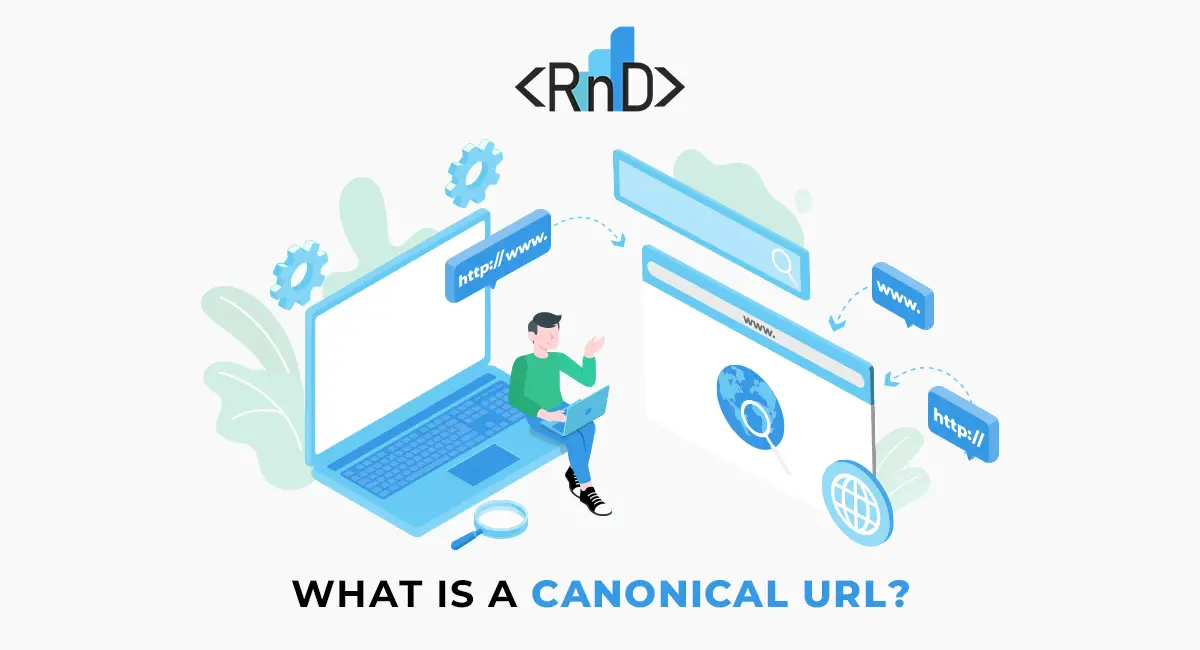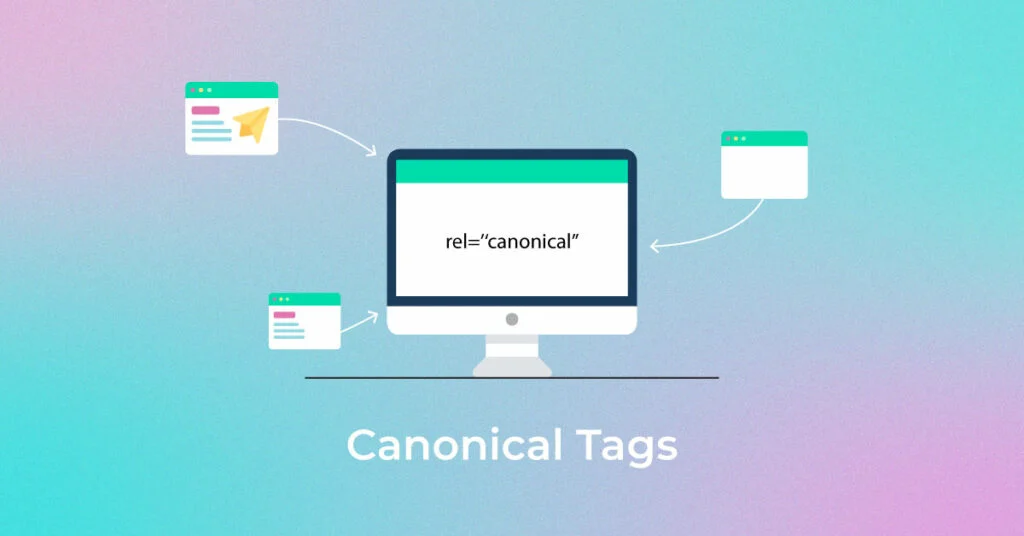Canonicalization SEO: Best Practices to Maximize Content Performance
Canonicalization SEO
Canonicalization SEO: Best Practices to Maximize Content Performance
In the world of online content, keeping the quality of what you create intact is really important. As a marketer, making great content takes a lot of hard work and resources. But sometimes, all that effort might not show because of some tricky things in SEO.
When we talk about content, we mean all the stuff you see online - the articles, videos, or pictures. Making this content really good involves spending a lot of time and money. But there's a catch - sometimes, the way search engines work can make all that hard work less effective.

Imagine spending hours writing an amazing article or making a fantastic video. You want lots of people to see it, right? But if search engines don't handle it properly, your awesome content might not show up when people search for it. That's where SEO comes in - it’s like the behind-the-scenes stuff that makes sure your content gets seen by the right people at the right time.
SEO can get complicated, and it’s easy to get lost in it. Even though you have amazing content, if the SEO isn't done right, it might not reach the people who would love it. So, understanding how to handle these SEO challenges is super important to make sure your hard work doesn't go unnoticed.
Understanding Canonicalization in SEO
Canonicalization SEO is crucial for safeguarding your carefully crafted content in the vast online landscape. This method ensures that your content, meticulously created and packed with value, doesn't get scattered across numerous web addresses. Instead, it gathers at one primary location, preserving its originality and securing its performance in search engine rankings.
By implementing canonicalization, your content's integrity remains intact, protected from getting diluted or overshadowed by duplicates or similar pages on the internet. This strategy acts as a guardian, ensuring that your content doesn't lose its essence amid the complexities of search engine optimization.
In essence, canonicalization is your content's security guard, safeguarding its visibility and ensuring it stands out in the bustling online world. This practice is pivotal in maintaining your content's authenticity, allowing it to thrive and reach its maximum potential in search engine rankings.
Exploring Canonicalization
Canonicalization refers to the preferred version of a webpage, especially when duplicate pages with similar content exist. With 60% of the internet constituting duplicate content, canonicalization signals guide search engines to showcase the most relevant content, ensuring your hard work is duly acknowledged.
Canonical Tags: Your Communication Line with Search Engines
Canonical tags, coded into HTML snippets, serve as instructions for search engine crawlers, specifying the preferred URL. These tags guide crawlers to consolidate ranking signals, attributing full SEO benefits to the canonical page.
The Merits of Canonicalization SEO
Canonicalization holds immense significance for search engine visibility:
Eliminating Duplicate Content Issues: It helps search engines display the most relevant content, avoiding undesirable outcomes.
Concentrating SEO Value: Redirecting value to a single URL boosts rankings and drives potential conversions.
Enhancing Crawl Efficiency: Efficient indexing ensures better site visibility and indexing of important pages.
Simplifying User Experience: Leading audiences to an authoritative content version avoids confusion and drives organic traffic.
Protection Against Penalties: It safeguards against penalties arising from duplicate content issues.
Supporting Content Syndication: It maintains the authority of original content when syndicated across various platforms.
Common Mistakes and Remedies
Problems with canonicalization often arise from different areas like URL settings, sharing content across platforms, unique session IDs in URLs, variations in site addresses, having or not having trailing slashes in URLs, or making several landing pages. The fixes for these issues involve using consistent canonical tags to guide search engines, opting for absolute URLs instead of relative ones, redirecting pages to the main version, including canonical links within your site's links, and properly handling content that spans multiple pages.
By ensuring your site uses these remedies effectively, you can help search engines understand which content version is the main one, avoiding confusion and enhancing your site's SEO performance. This approach not only consolidates the value of your content into a single URL but also enhances user experience by leading them to the most relevant and trusted content, ultimately improving your site's visibility and credibility in search results.
Mastering Canonicalization in Your Strategy

Implementing canonicalization involves a smart process to keep your content strong. By following these steps, you make sure your content stays great while handling SEO stuff.
Check Your Site for Copies
Look through your site with special tools to find any copies of content. Fix these with help if needed.
Pick the Best Stuff
Choose the most popular or linked content as your main one. This makes it more visible in searches.
Add Special Tags
Put special tags in your site's code. These tags help search engines find the main content easily.
Fix Links and Lists
Change your site's lists and links to match the main content. This helps search engines understand what's most important.
Keep an Eye on Things
Check your site's search rank and data regularly. This helps see if the tags are working right.
Canonicalization SEO is a big part of SEO plans. Doing these things helps your content do its best in search rankings. It also makes sure your users get the best experience and avoids SEO problems.
Conclusion:
In nutshell, Canonicalization is like a safety net for your content in the vast online world. Following these steps helps your content stay strong and visible without losing its way in the world of search engines.
By auditing, picking the best, tagging, fixing links, and keeping watch, you ensure your content performs well and offers a smooth user experience. These practices protect your content from SEO issues while maximizing its impact in search rankings.
Remember, in the realm of online content, mastering canonicalization is key to maintaining your content’s integrity and visibility in the eyes of both users and search engines.
Ocean Of Tool
YouTube & SEO Tools
Start Using YouTube, SEO Tools & Other Website Optimization Tools, along with L(e)arning Money Making Skills at oceanoftool.com. Digital Marketing, Affiliates, AdSense, Clickbank, YouTube & More. Most Popular: Amazon Affiliates, Google Adsense, Digital Marketing, Website Designing!